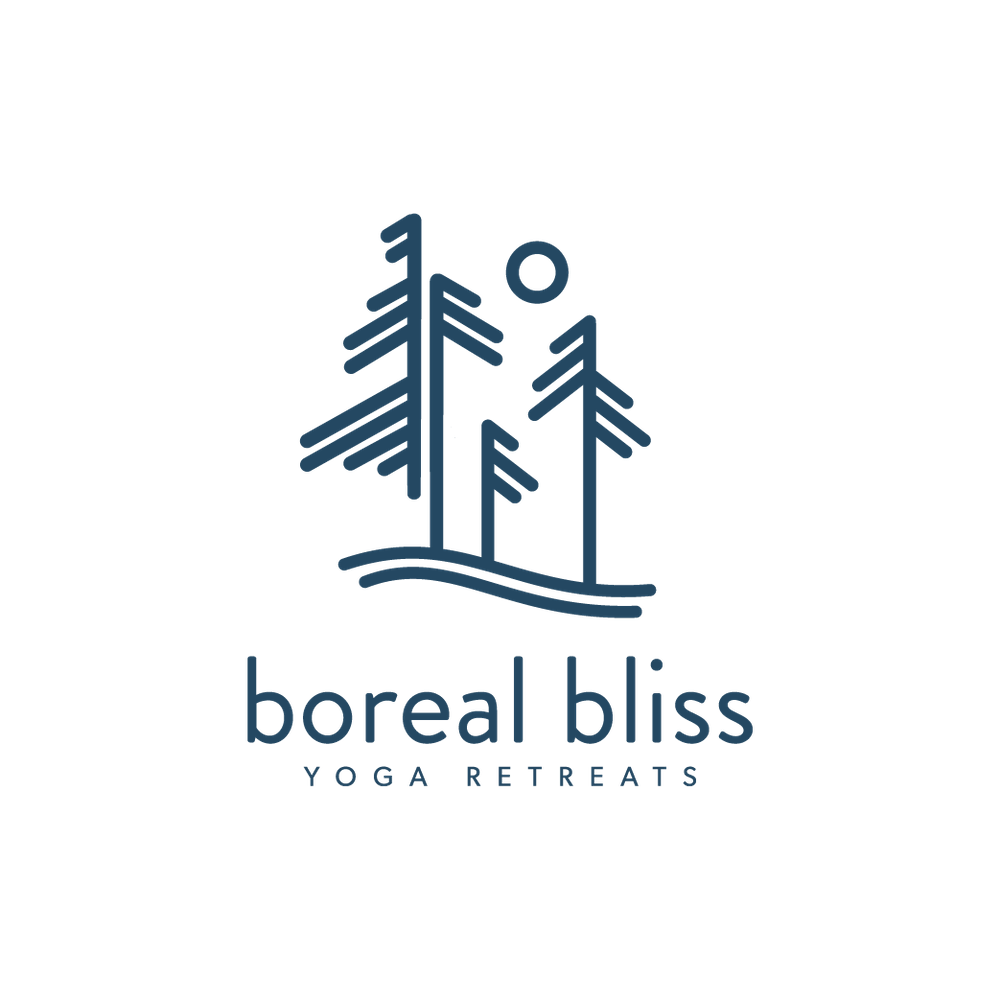The Science of Happiness
Happiness is…..
“The experience of joy, contentment, or positive well-being, combined with a sense that one’s life is good, meaningful, and worthwhile.”
– Sonja Lyubomirsky, Ph.D.
We’ve been reflecting on mindfulness and how it contributes to positive psychological and physical well-being. Last week, Amanda introduced the dangers of getting stuck on the hedonic treadmill; always seeking the next big/best thing vs. finding contentment in what IS. To expand on that, let’s talk a little more about what actually does make us content and contributes to tangible boosts in happiness.
I recently attended a training session with Jonah Paquette, Psy. D Updates in Positive Psychology The Science of a Meaningful Life. He’s the author of Real Happiness; The Happiness Toolbox; and Awestruck. I found much of his presentation fascinating and I thought I’d share some information that resonated with me, and how it relates to the work we do at Boreal Bliss.
Baseline Happiness
First of all….we all have a “baseline” of happiness. Something great happens, something terrible happens, you will return to your baseline of happiness eventually. (of course there are outliers to this in the face of trauma etc.) Did you know that 40-50% of our baseline happiness is informed by genetics? There are ways to temporarily, or a bit more long-term, boost happiness levels. It’s a process. One that requires constant and consistent attention.
Psychology of Money & Happiness
I have zero intention on telling you what to do about your finances, or how to feel about them. This is not financial advice. I just found this info interesting and thought I’d share it!
Did you know that once basic needs are met, money does not necessarily contribute to a significant boost in happiness?! However, there are ways to access lasting boosts in happiness with money.
Donating to a cause/organization you believe in.
Gifting something to someone else.
Investing in meaningful experiences.
So while a new pair of pants, or a new lamp, may make you feel good short-term, you head back to your “baseline of happiness” quite quickly with that.
This is true of big expenses large and small. The new camper, the new boat, the new house, the bigger garage, the new organization bins, the new porch decor- all these things contribute to a short-term boost, but have no lasting impact on our baseline happiness. The way to experience longer lasting happiness with spending is in one of the three categories above (donating, gifting, meaningful experiences).
Money aside, of course there are many other “life hacks”, if you will, in boosting your personal happiness.
Three Types of Happiness Categories
There are three types of happiness, according to Jonah Paquette, Psy.D., Updates in Positive Psychology The Science of a Meaningful Life
Hedonic Happiness
You experience more frequent positive emotions than negative emotions
You pursue positive emotions and experiences more than negative
You feel positive emotions towards the past, present, and future
Evaluative Happiness
You experience a sense of satisfaction with life
You feel the conditions in your life are generally satisfactory
Cultural norms, societal expectations, and social comparisons may impact an individual’s evaluative happiness
Eudaimonic Happiness
You experience a meaning, purpose, and a connection to something bigger than yourself
Pursuing personal growth and goals that are meaningful and aligned with your core values, leading to a sense of fulfillment and self-actualization
Engaging in activities that contribute to a sense of purpose
Living with authenticity and integrity
Building meaningful connections with others, fostering social support, and experiencing belonging and community
Eudaimonic happiness is considered more resilient and enduring than hedonic happiness because it is less dependent on external factors, and instead is rooted in cultivation of values and living in alignment with those values despite external factors.
Psychological Richness
There might be a fourth category of happiness, or some consider it an avenue to experience the three types of happiness, and that is: Psychological Richness (Paquette, Updates in Positive Psychology The Science of a Meaningful Life, 2024)
Psychological richness is characterized by variety, novelty, interest, curiosity, openness, adventure, and exploration.
I love the psychological richness definition and category. I feel like this is the area of life I’m constantly striving to hit both personally, and professionally. I seek moments of awe in the mundane, and extraordinary, experiences in my life. In providing adventurous, meaningful, and worthwhile experiences with Boreal Bliss Yoga Retreats, we are constantly working on incorporating elements of psychological richness. If you retreat with us, you will see offerings that hit this area. Here are ways you can also seek to personally expand your own psychological richness!
Strategies to Enhance Psychological Richness:
Learn a new skill
Seek activities that yield flow states
Stretch beyond your comfort zone
Become a lifelong learner
Seek adventure
Foster curiosity
Lean into things that scare or intimidate you
It’s best if we dabble in hitting all (four) of the categories of happiness. Does that mean everyday? No way! We WILL have hard, stressful, traumatizing, and/or grief/loss filled days. There is no doubt about that. The stored memories of positive, meaningful experiences help us through the tough times.
We can’t believe how much there is to learn about the complicated nuances of the mind. Yesterday, Amanda and I met for a run in Savannah Portage State Park. While the logistics of getting there were complicated, we knew that time together, in a beautiful nature preserve, pursuing our shared goal of a half-marathon, would leave us both feeling fulfilled and satisfied.
We chatted the entire time about our understanding of the science of happiness, what we’ve been reading, and thinking about how we can continue to weave these learnings into the work we do.





